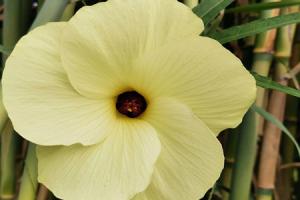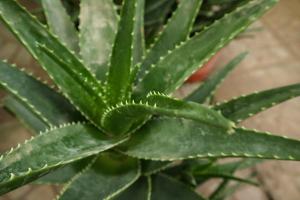How to Control Mold Growth in Indoor Potted Plants
Indoor potted plants are a great way to liven up your living space while improving air quality. However, when not properly cared for, mold growth can occur in the soil or on the plants themselves. Mold can not only be unsightly but can also cause health problems for you and your family. Follow these tips to control mold growth in your indoor potted plants:
1. Proper Watering
Over-watering your plants can lead to mold growth. Make sure to only water your plants when the top inch of soil is dry to the touch. Also, avoid getting water on the leaves or stems of the plant, as this can create a humid environment ideal for mold growth. Instead, water the soil around the base of the plant.
2. Good Air Circulation
Adequate air circulation is crucial for preventing mold growth in indoor potted plants. Make sure to place your plants in areas with good air flow, such as near open windows or vents. You can also use a fan to help circulate air around your plants.
3. Proper Lighting
Mold thrives in damp and dark environments, so proper lighting can deter mold growth. Make sure to place your plants in areas with plenty of natural light, or use grow lights if natural light is not an option.
4. Use a Good-Quality Soil Mix
Mold can grow in soil that is too dense and does not allow for proper drainage. Use a good-quality soil mix that is specifically designed for indoor potted plants to help prevent mold growth.
5. Remove Dead Leaves and Debris
Dead leaves and debris can create a breeding ground for mold. Remove any dead leaves or debris from the soil and around the plant to prevent mold growth.
6. Use a Fungicide
If mold growth has already started, you can use a fungicide to help eradicate the mold. Make sure to choose a fungicide that is safe for indoor plants and follow the instructions carefully.
By following these tips, you can control mold growth in your indoor potted plants and enjoy their beauty without the worry of health problems or unsightly mold.

 how many times do yo...
how many times do yo... how many planted tre...
how many planted tre... how many pine trees ...
how many pine trees ... how many pecan trees...
how many pecan trees... how many plants comp...
how many plants comp... how many plants can ...
how many plants can ... how many plants and ...
how many plants and ... how many pepper plan...
how many pepper plan...





























